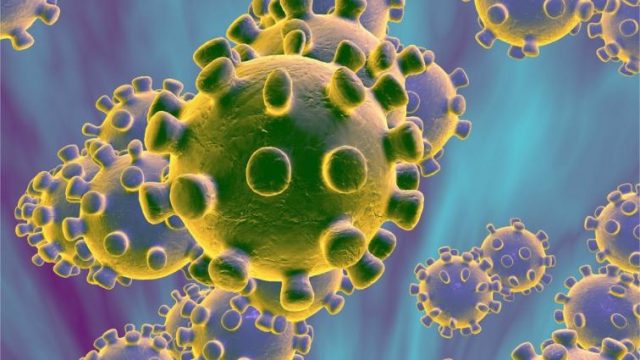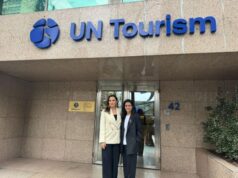- Tourism faces up to the COVID-19 challenge and public health is paramount due to the fundamental people-to-people nature of the sector.
- A cross-cutting economic activity unlike any other, and an integral part of the Sustainable Development agenda, tourism will play a key role in future recovery efforts.
- UNWTO calls on governments, international organizations and donor agencies to include tourism as a priority in recovery plans and actions.
- The World Health Organization continues to advise against the application of travel or trade restrictions to countries experiencing COVID-19 outbreaks.
In an update on the sector’s response to the coronavirus COVID-19 outbreak, the World Tourism Organization (UNWTO) offers a first assessment pointing to a decrease in international arrivals and receipts in 2020. Public health measures need to be implemented in ways that minimize any unnecessary disruption to travel and trade. Since the start of the outbreak, UNWTO has been working closely with the World Health Organization (WHO) to ensure this is the case.
UNWTO has revised its 2020 prospects for international tourist arrivals to a negative growth of 1% to 3%, translating into an estimated loss of US$ 30 to 50 billion in international tourism receipts. Prior to the COVID-19 outbreak, UNWTO predicted a positive growth of 3% to 4% for this year.
This first assessment expects that Asia and the Pacific will be the worst affected region, with an anticipated fall in arrivals of 9% to 12%. Estimates for other world regions are currently premature in view of the rapidly evolving situation. UNWTO underscores that any estimate must be treated with caution and is likely to be updated.
Preparing for recovery
UNWTO calls for financial and political support for recovery measures aimed at tourism, and to include support for the sector in the wider recovery plans and actions of affected economies.
The impact of the COVID-19 outbreak will be felt across the whole tourism value chain. UNWTO Secretary-General Zurab Pololikashvili furthermore stresses that “small and medium sized enterprises make up around 80% of the tourism sector and are particularly exposed with millions of livelihoods across the world, including within vulnerable communities, relying on tourism”.
Political and financial commitments are key to ensure that tourism can lead wider economic and social recovery, as proven in past disruptions on the back of the highly resilient nature of the sector and its ability to bounce back strongly.
In recent decades, tourism has come of age, and is now firmly established as an important contributor to sustainable development, economic growth, employment and international understanding. As the UN agency responsible for tourism and sustainable development, UNWTO stands ready to provide guidance and support for recovery measures of its members, the private and public tourism sector, including organizers of tourism events and fairs.












